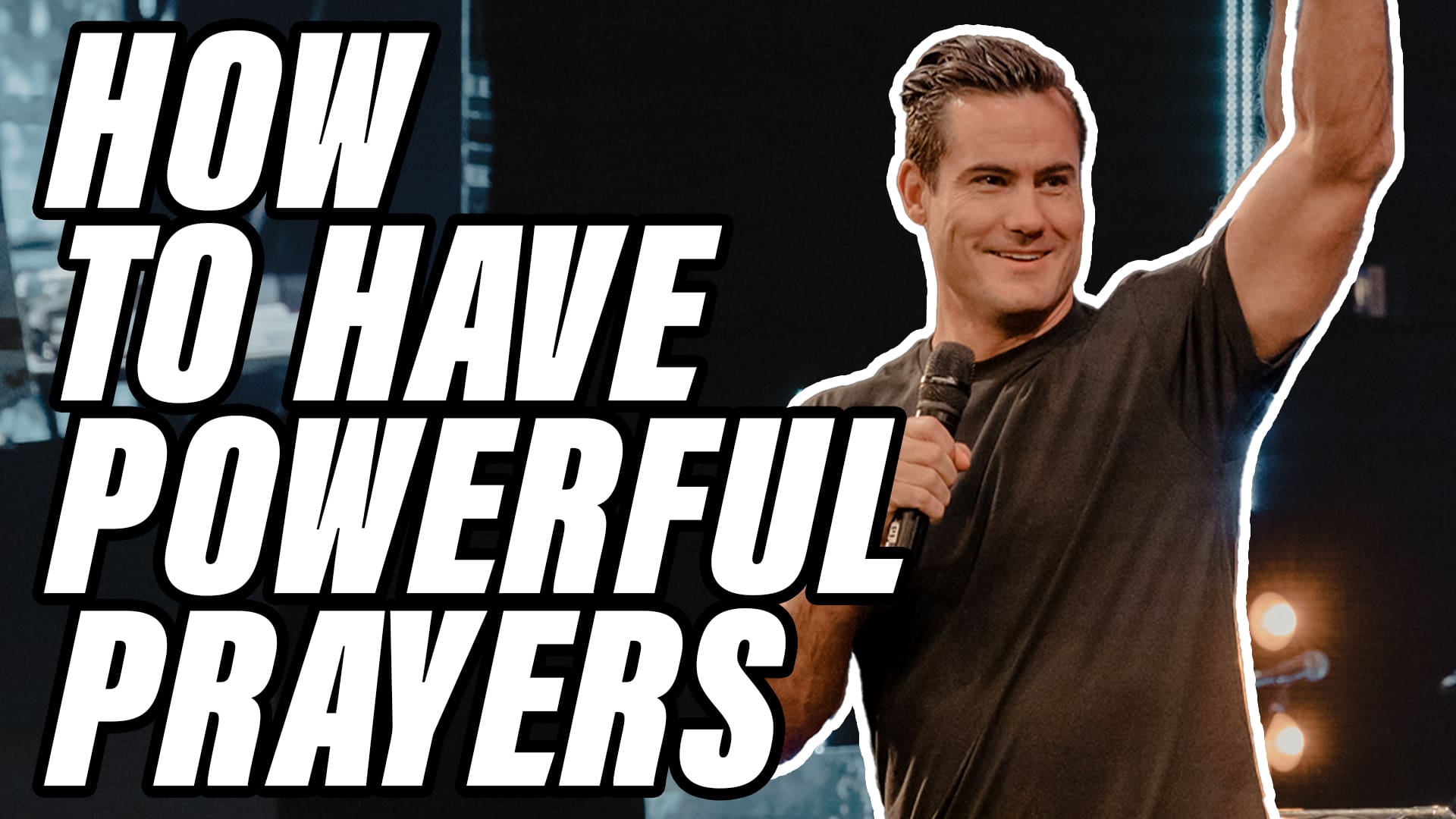HOW TO HAVE POWERFUL PRAYERS Did you know that there was a disciple named…
Formed For God’s Family
John 13:35
Your love for one another will prove to the world that you are my disciples.
The way you love the people in your church family actually proves to the world your devotion to God. You were formed for God’s family. The word “fellowship” is used throughout the Bible. In Greek, the word is koinonia. This word, koinonia for fellowship is a word that can only be fully understood in the context of the Bible. Koinonia is not a word that can be used anywhere else in our society, culture, or community. It really means the kind of commitment to a church family that is as strong as our commitment to God Himself.
Acts 2:42
All the believers devoted themselves to the apostles’ teaching, and to fellowship, and to sharing in meals, and to prayer.
When the early church was growing, healthy, and thriving, they were devoted to the teaching of God’s word, but they were equally devoted to each other. Fellowship in the English language is simply a friendly association, but koinonia is a powerful and spiritually charged word that means being committed to each other as much as you are committed to God Himself. Jesus said, the way the world will know how much you love Him, will be evident in the way you love each other. If you don’t understand the importance of loving God by loving each other, you will miss God’s purpose for your life.
The Bible gives different metaphors for how we understand God’s love for us. From the Old Testament to the New Testament, God reveals Himself as a Father and calls us His children. He wants us to understand that our identity is that of a son or daughter. Another illustration is that our relationship with Jesus, is like a bride and her groom. The illustration is that the way a man loves his wife is the way that Jesus is devoted to the church and the way a wife loves her husband in return is the way we are to be devoted to Him. Many times, we miss that. People are quick to say, “I love God, but I can’t stand the church.” That would be like someone telling me they couldn’t stand my wife and assuming it wouldn’t impact our friendship. If you loved me, but didn’t love my bride, we couldn’t remain friends. It would strain our relationship. Yet this is what so many do with the church.
I believe so many people miss discovering God’s purpose for their life because they have decided that God’s family is optional. The truth is, your purpose is always connected to God’s people. You will not find God’s purpose for your life on your own. You cannot ignore the way He has designed you to be in a family. You cannot live in a strain with that family and expect Him to trust you with a great purpose.
Let’s continue our discussion of John 9 where Jesus heals the man who was born blind.
John 9:8-10
His neighbors and those who had formerly seen him begging asked, “Isn’t this the same man who used to sit and beg?” Some claimed that he was. Others said, “No, he only looks like him.” But he himself insisted, “I am the man.” “How then were your eyes opened?” they asked.
Jesus didn’t change the way the blind man looked or change his clothes after he healed him. The only thing that was different is that he could see now, yet no one could tell if this was the same man who had been begging for all of those years on the side of the road. Why is that? This man had no friends. He had no shared experiences with anyone, so he had no foundation to any friendships.
Fellowship begins with shared experiences.
The blind man had no friends because he couldn’t share any experiences. He couldn’t go anywhere because he was treated like an outcast. When this huge change took place in his life, people were not even sure who he was because they had no connection to him.
Shared experiences are the beginning to a friendship. When we share experiences in the family of God, it brings us closer together. If we continue to treat church like it’s just about us, we will miss it.
John 9:11-23
He replied, “The man they call Jesus made some mud and put it on my eyes. He told me to go to Siloam and wash. So I went and washed, and then I could see.” “Where is this man?” they asked him. “I don’t know,” he said. They brought to the Pharisees the man who had been blind. Now the day on which Jesus had made the mud and opened the man’s eyes was a Sabbath. Therefore the Pharisees also asked him how he had received his sight. “He put mud on my eyes,” the man replied, “and I washed, and now I see.” Some of the Pharisees said, “This man is not from God, for he does not keep the Sabbath.” But others asked, “How can a sinner perform such signs?” So they were divided. Then they turned again to the blind man, “What have you to say about him? It was your eyes he opened.” The man replied, “He is a prophet.” They still did not believe that he had been blind and had received his sight until they sent for the man’s parents. “Is this your son?” they asked. “Is this the one you say was born blind? How is it that now he can see?” “We know he is our son,” the parents answered, “and we know he was born blind. But how he can see now, or who opened his eyes, we don’t know. Ask him. He is of age; he will speak for himself.” His parents said this because they were afraid of the Jewish leaders, who already had decided that anyone who acknowledged that Jesus was the Messiah would be put out of the synagogue. That was why his parents said, “He is of age; ask him.”




Comments (0)